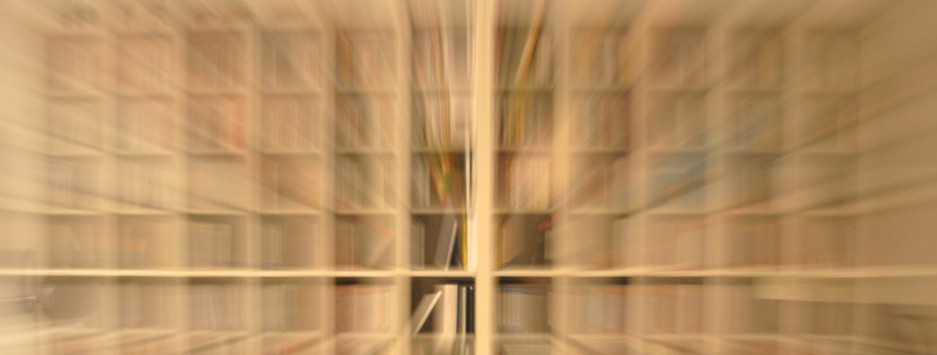 This coming Friday (21.11) the Vienna Symphony Orchestra, together with the Wiener Konzerthaus, will introduce its newly created series: Fridays@7.
This coming Friday (21.11) the Vienna Symphony Orchestra, together with the Wiener Konzerthaus, will introduce its newly created series: Fridays@7.
The concept is based on a Cleveland Orchestra’s original project, from which it actually took the name, it is especially aimed at a young professional audience, and is also a further step in the straightening of relations between the Konzerthaus and the VSO. It consists of an “after work” short concert (of about one hour) without intermission, followed by a post-concert informal gathering in the foyer for more music, drinks and food.
Definitely a concert aimed at rejuvenating the usually old Viennese audience (the somehow cheaper ticket prices might help here) and also introducing classical music in a less traditional context, which can only be seen as a positive move if one considers the much-commented aging of classical music’s audience. A problematic reality almost everywhere, but especially worrying for the future in a city with over 10.000 tickets on sale for classical events every single evening of the season and in which two of the main institutions (the Konzerthaus and the Musikverein, both private associations) are highly dependent on ticket sales and on “full” houses.
This first Fridays@7 at the Konzerthaus will feature the newly arrived music director of the Vienna Symphony, Philippe Jordan, and Georgian pianist Khatia Buniatishvili, both young and dynamic star musicians – seemingly a great pair for the launch of the project.


